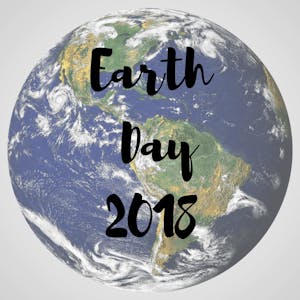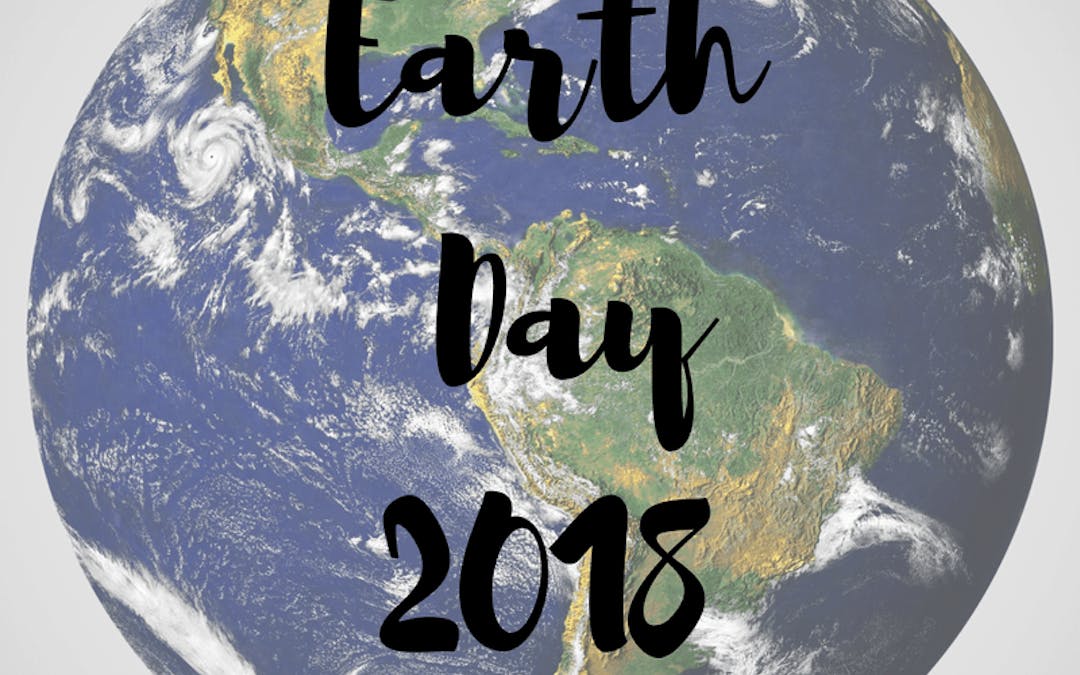 Laudato Si and our Earth Day call us to live simply
Laudato Si and our Earth Day call us to live simply
Happy Earth Day! This year once again we ponder the strength and wisdom of Pope Francis’ encyclical, “Laudato Si: On Care of Our Common Home.” Pope Francis seems to be looking at our world through Franciscan eyes. Franciscan theology and spirituality is found everywhere within it.
In the first paragraph Francis tells us “our common home is like a sister with whom we share our life and a beautiful mother, who opens her arms to embrace us”. (1). He tells us “This sister now cries out to us because of the harm we have inflicted on her by our irresponsible use and abuse of the goods with which God has endowed her.”(2) And then he tells us, “The cry of the earth and the cry of the poor are ONE. (49) As Franciscans we are touched by those words, and it is hard not to be aware of our need to respond with our lives as Francis responded: to the needs of the poor and with reverence for all creation.
The encyclical is very clear and moving. A brief overview shows that the introduction is filled with passion and emotion about God’s creation and how minimally we have cherished it (1-16). In Chapter 1 Francis reminds us what is happening to our common home (17-61). In it he deals with concrete facts: pollution, our “throwaway culture” climate change, lack of access to safe drinking water, threats to biodiversity, as well as environmental and social degradation. In Chapter 2 Pope Francis outlines the Gospel of Creation or a Theology of Creation (61-100). In it we hear about the harmony between Creator, humanity and creation and the error of a view of domination. And mainly we are reminded that the gifts of the earth belong to everyone. God created an unfinished world in which you and I have a part in co-creating with God. In Chapter 3 he outlines the human roots of the ecological crises (101-136). The chapter is a harsh critique of our world. We are reminded that our current paradigm is based on the lie that there is an infinite supply of the earth’s goods (106). This false assumption has led to the planet being squeezed dry beyond every limit. He calls us to a bold cultural revolution where we recognize the need to give the poor regular access to basic resources (109) and reminds us that the present ecological crises is one small sign of the ethical, cultural and spiritual crises of modernity (119). Chapter 4 is a Vision of a Relational Society, a call to an integral ecology which is looking for the common good (137-162). It is a call for an integrated approach to combat poverty, restore dignity to the excluded and to protect nature. Chapter 5 gives us the big picture decisions that need to be  made as we take action on the issues at hand. And finally Chapter 6 is a call to a deeper spirituality (202-246) and the need to educate one another. This chapter gives us a concrete plan for how to change our lives. It highlights a Spirituality which calls us to moderation and the capacity to be happy with little. It is in essence love, overflowing with small gestures of mutual care (civic and political) making itself felt in every action that seeks to built a better world.
made as we take action on the issues at hand. And finally Chapter 6 is a call to a deeper spirituality (202-246) and the need to educate one another. This chapter gives us a concrete plan for how to change our lives. It highlights a Spirituality which calls us to moderation and the capacity to be happy with little. It is in essence love, overflowing with small gestures of mutual care (civic and political) making itself felt in every action that seeks to built a better world.
The encyclical is certainly a call to live a simpler life style having as low an impact as possible on our mother earth. So that others can have more, we need to live small, never taking more than we need. As individuals we need to assess where we are and what we can do to reverence the earth. What specific action are you willing to take to honor Mother Earth on April 22, Earth Day 2018?
(All numbers in parenthesis refer to the paragraph number in the encyclical Laudato Si)
